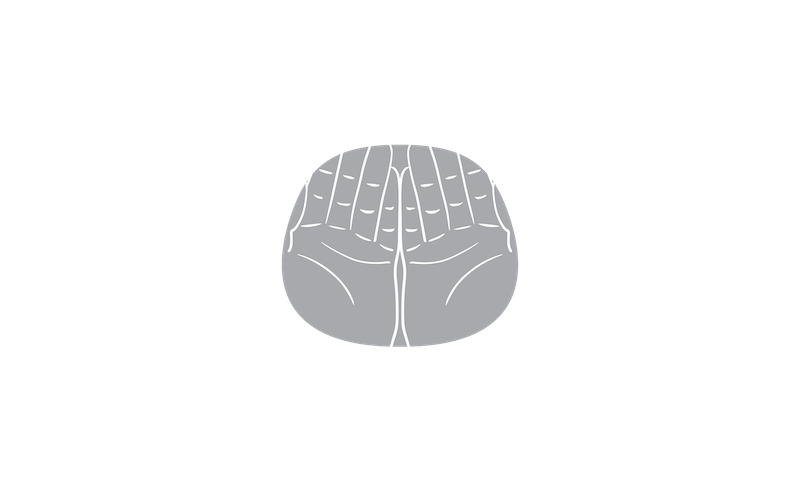Hong Kong does not have any specific legislation to regulate, support or control social enterprise. However, the Hong Kong Government has been supporting social enterprises via the provision of funding under different schemes (such as the Enhancing Employment of People with Disabilities through Small Enterprise Project launched by the Social Welfare Department since 2001, the Enhancing Self-Reliance Through District Partnership (ESR) Programme established under the Home Affairs Department since 2006, and Social Innovation and Entrepreneurship Development Fund inaugurated in 2013 and overseen by the SIE Fund Task Force under the Commission on Poverty) to foster innovative ideas in social enterprise. The Hong Kong Government has realized that social enterprise is getting popular and is recognized not only in Hong Kong, but also worldwide. As such, the Home Affairs Bureau of the Hong Kong Government issued a press release on 17 December 2014 stressing the commitment of the Hong Kong Government to support the development of social enterprise in Hong Kong.
Having said that, Hong Kong does not have any specific accrediting system to recognize the social enterprise status. However, the social entrepreneurs in Hong Kong can apply to list their social enterprises in the Social Enterprise Directory compiled by the Social Enterprise Business Centre (SEBC). SEBC was established in 2008 by The Hong Kong Council of Social Service (HKCSS), a non-profit organization supported by the Hong Kong Government. When SEBC receives an application, they will do the vetting to classify the social enterprise into five distinct types subject to three conditions. The five types include:
- Social enterprise as business undertakings for revenue generation with limited direct service impact.
- Social enterprise as a strategy for employment-related services in the rehabilitation field.
- Social enterprise as a vehicle for promoting community economy and tackling unemployment.
- Social enterprise as moves followed by NGOs to commercialize existing fee-charging activities.
- Social enterprise as cause-related commercial undertaking with the expressed purpose of making significant direct service impact.
The three conditions include:
- No less than 50% of annual revenue is generated from direct sales.
- 35% or less profit is distributed to shareholders.
- Assets purchased/possessed are not transferred to other companies.
There are over 600 social enterprises listed on the SE Directory. However, according to the research “The State of Social Enterprise in Hong Kong” by British Council Hong Kong, they estimate that the number of social enterprises ranged from 2,936 – 5,740 based on the criteria and assumption of co-operatives, NGOs and small and medium enterprises among social enterprises. Types of beneficiaries among the social enterprises included youth, senior citizens and the elderly, low-income households, disabilities, ethnic minorities, ex-offenders, new arrivals and migrant workers, animals and the environment, and asylum seekers. Most of the social enterprises rely largely on government, philanthropy, and charity foundations for incubation capital. In addition, volunteers from society are also needed by the social enterprise in order to save costs.

Social enterprises in Hong Kong still have a long way to go. According to research by British Council Hong Kong, only 26% of social enterprises make a profit, 20% breakeven, and the remainder continue to rely on external support in capital and financing from Government, philanthropy and other charity foundations.
The landscape analysis shows that many social enterprises in Hong Kong struggle with accessing capital and financing. Most rely on government, philanthropic, and charity funding for incubation, and many are not yet profitable or sustainable. This aligns with FSVL’s mission to empower social innovators through integrated financial and non-financial support.
FSVL can help address this funding gap by building the capacity of social entrepreneurs on accessing new forms of capital, like impact investing. Through training, mentorship, and technical assistance, FSVL can help social entrepreneurs structure their business models and articulate their impact to appeal to values-aligned investors seeking both financial returns and social impact.
By facilitating introductions and deal flow between investors and social enterprises, FSVL fosters collaborative partnerships that bring new sources of impact capital to the sector. This grows the overall impact investing ecosystem in line with FSVL’s mission to enable innovative social solutions through increased access to capital markets.

FSVL can also advise social enterprises on measuring and managing their impact, as per their mission. This is crucial for attracting impact capital by demonstrating social returns. Mainstream investors may overlook early-stage social enterprises as too risky, but impact investors are willing to accept lower financial returns for higher social impact. Quantifying impact enables appropriate capital matches. This pioneers new models of social finance to direct capital to public good, fulfilling FSVL’s vision.
FSVL is well positioned through its mission of integrated support, capacity building, partnership facilitation and impact measurement to address the capital access challenges limiting Hong Kong’s social enterprises. Connecting social innovators with aligned impact capital sources can help elevate the sector.
